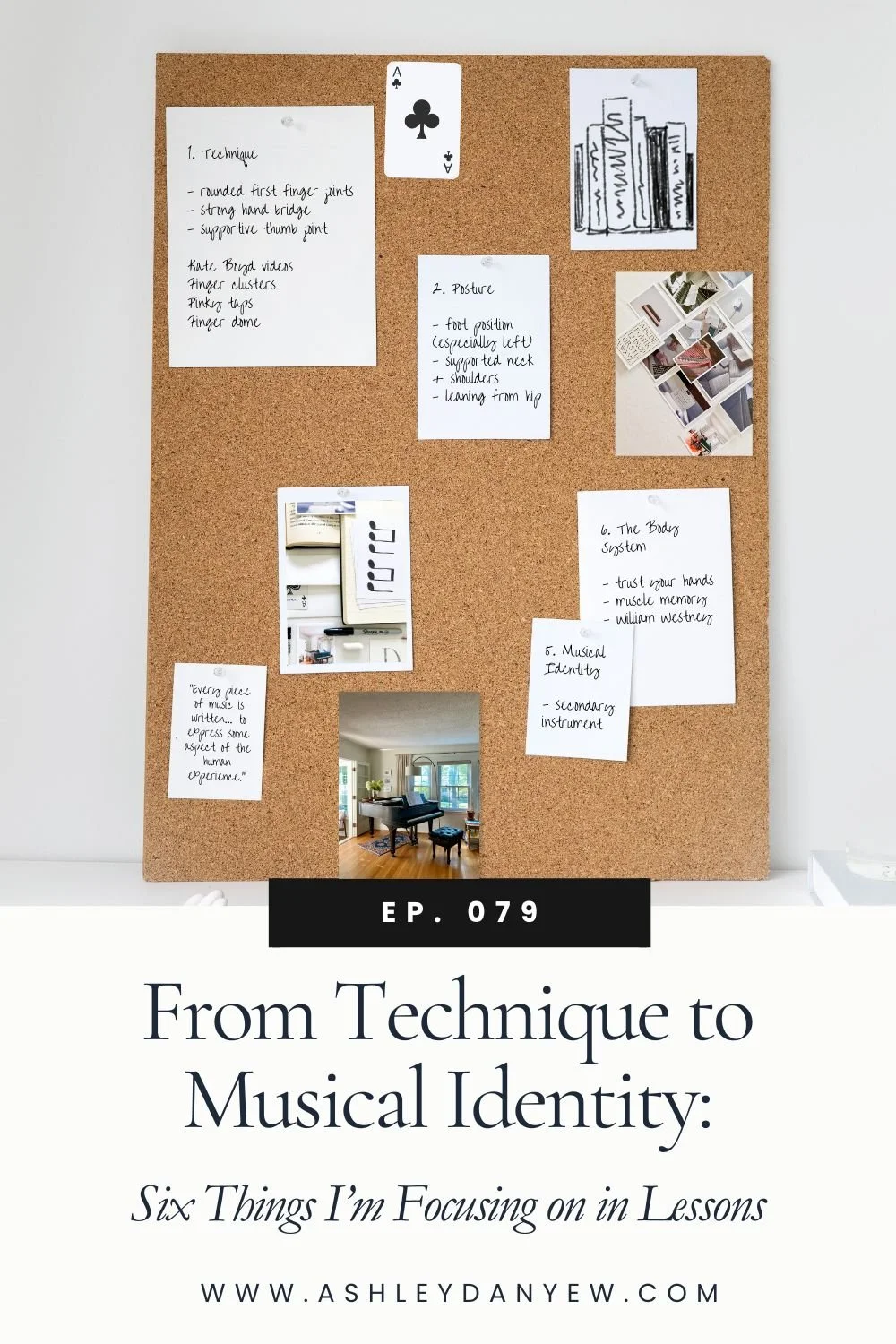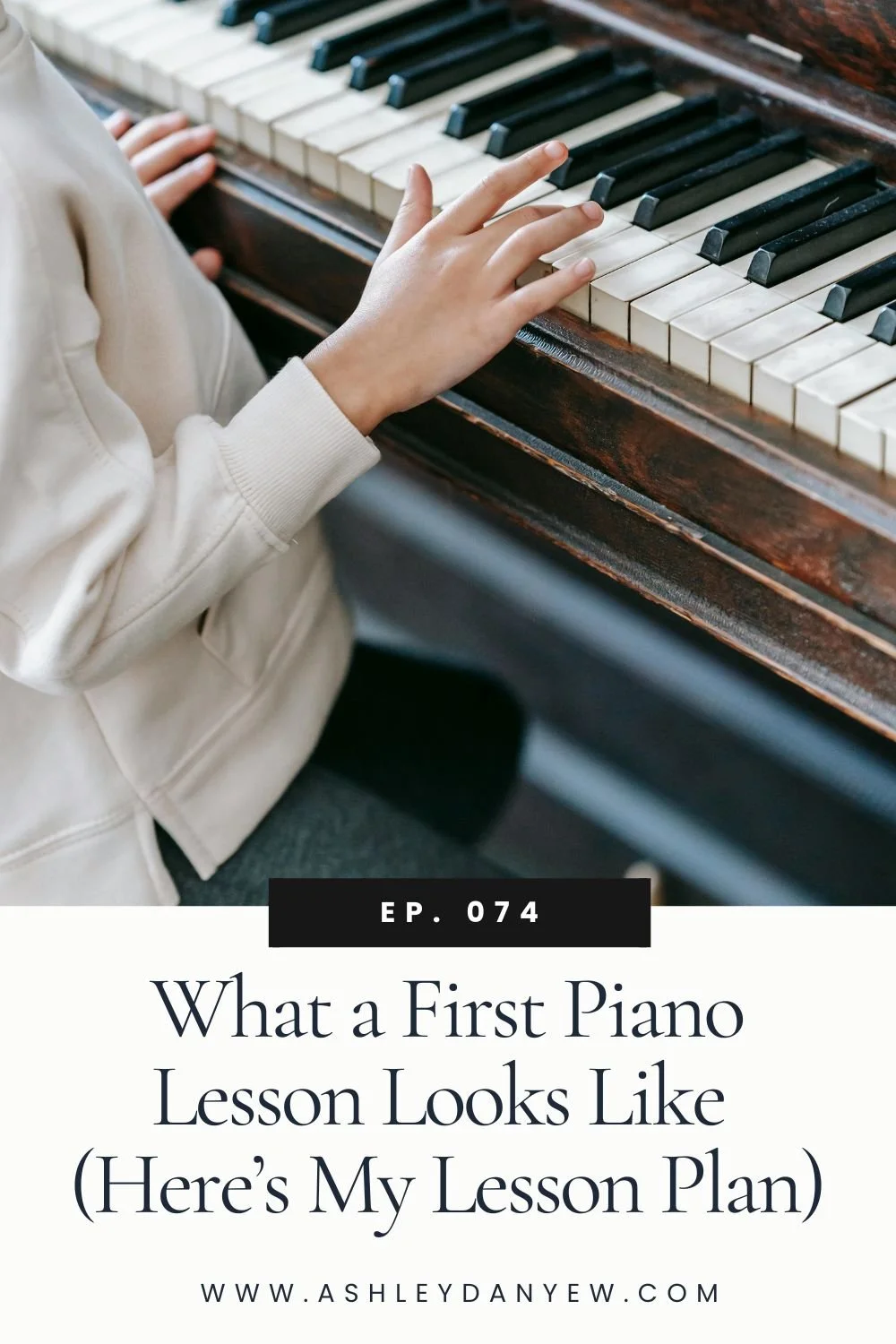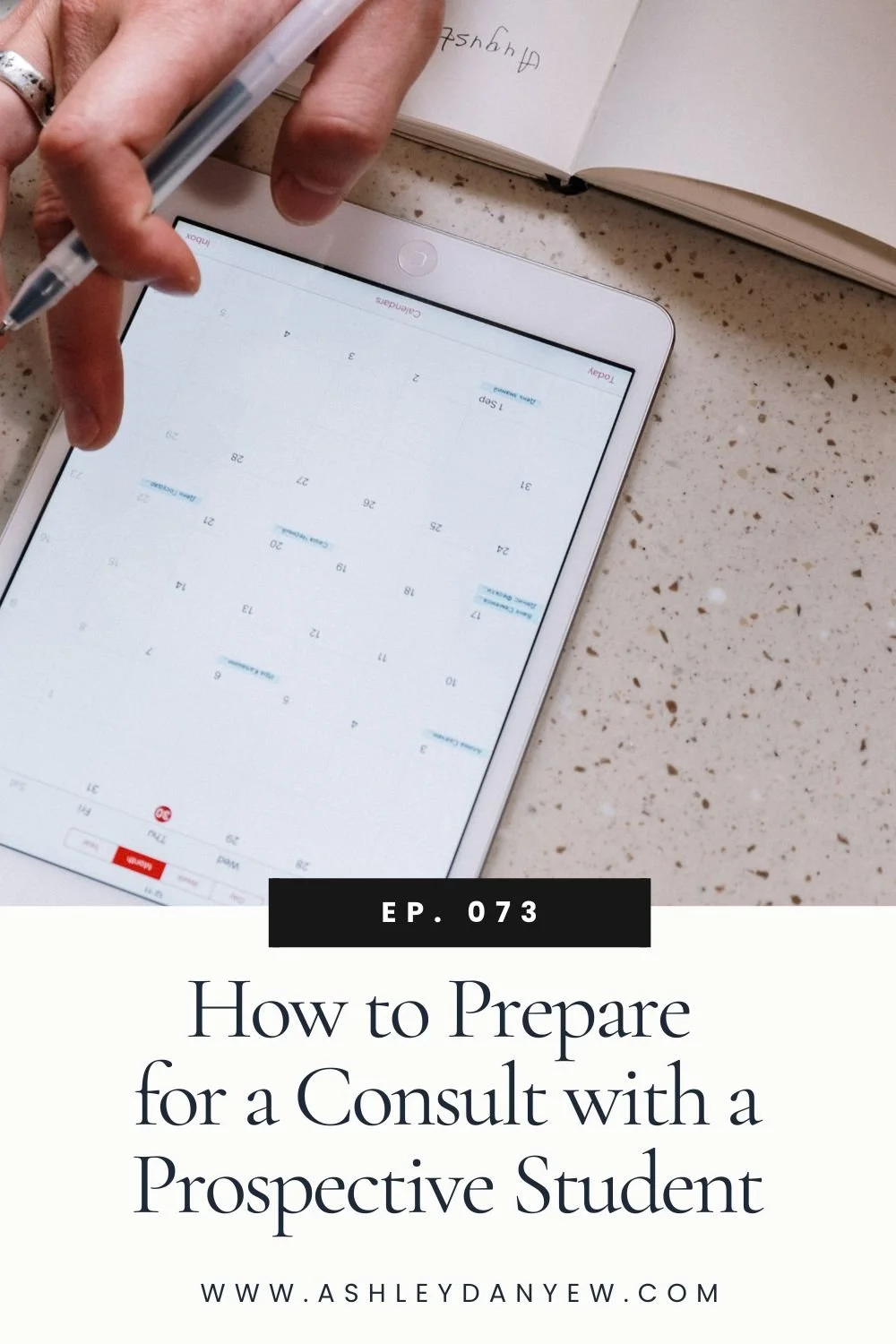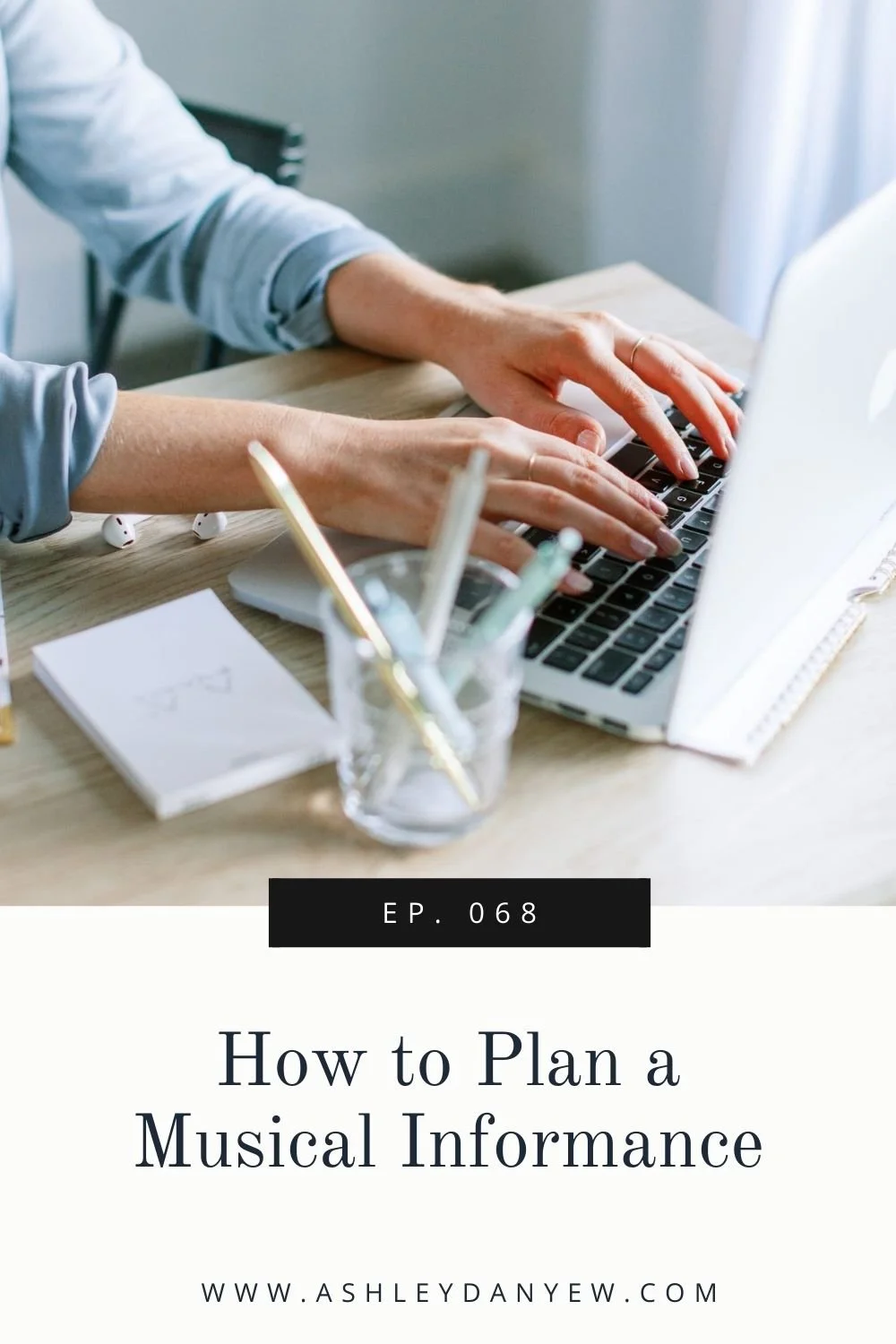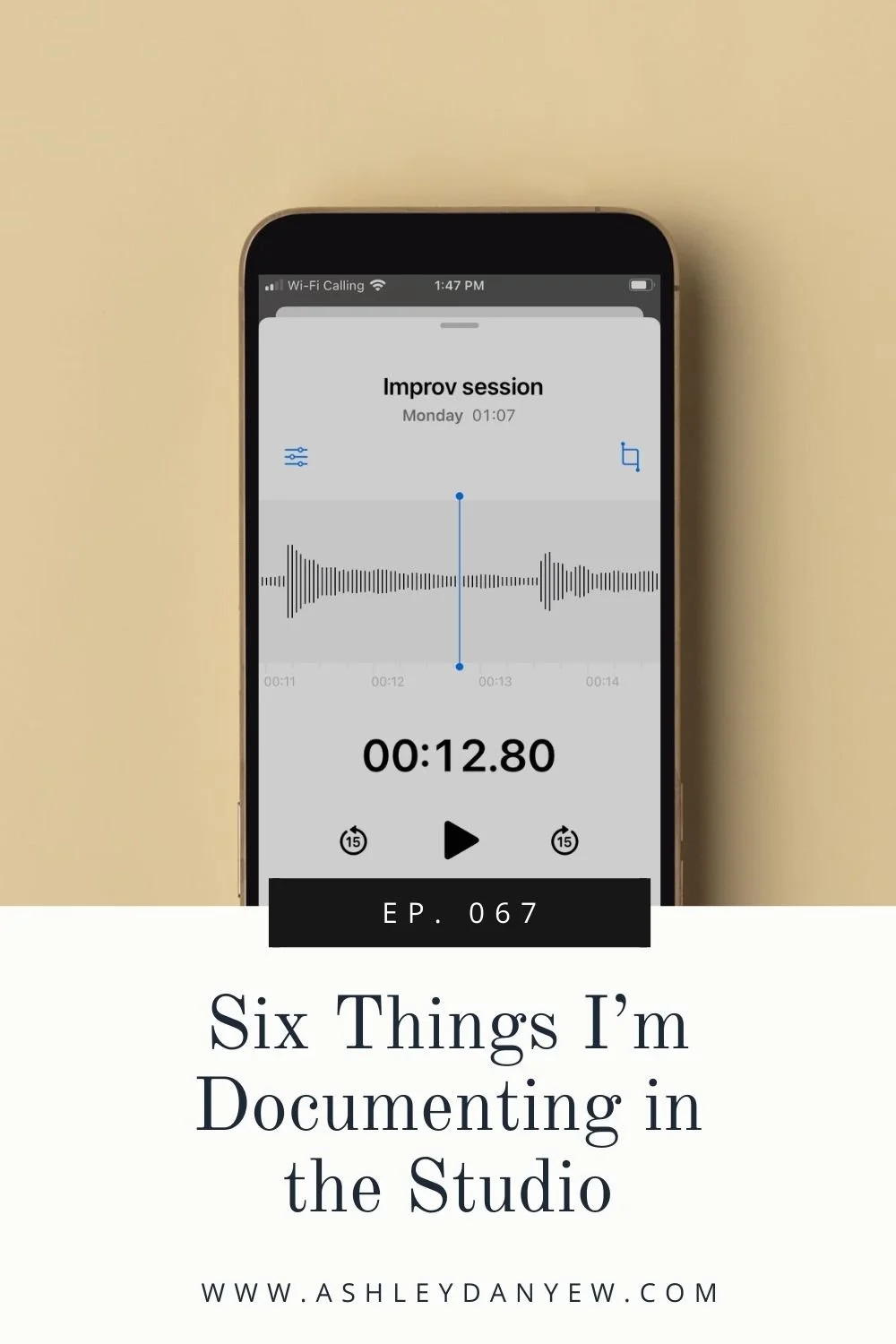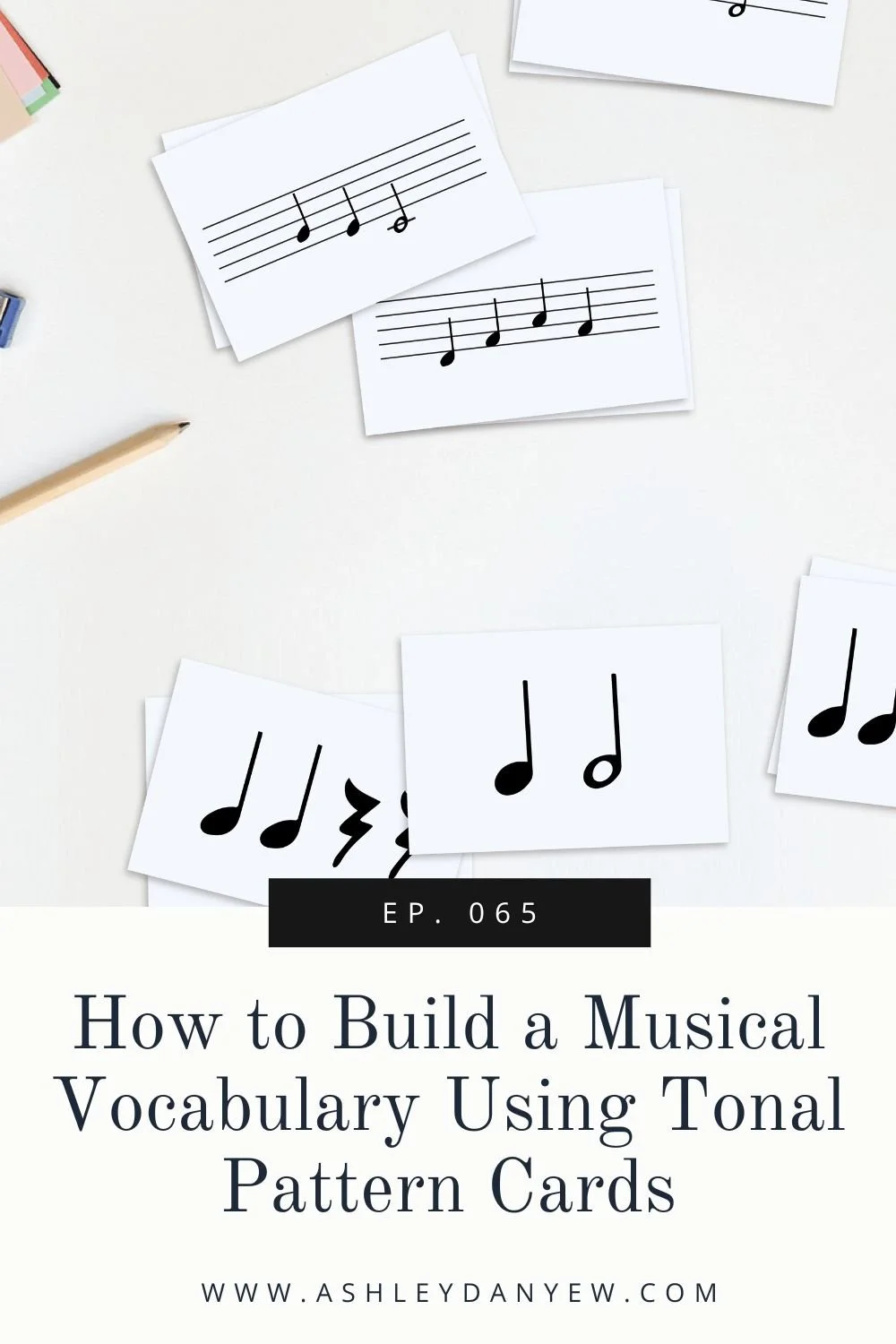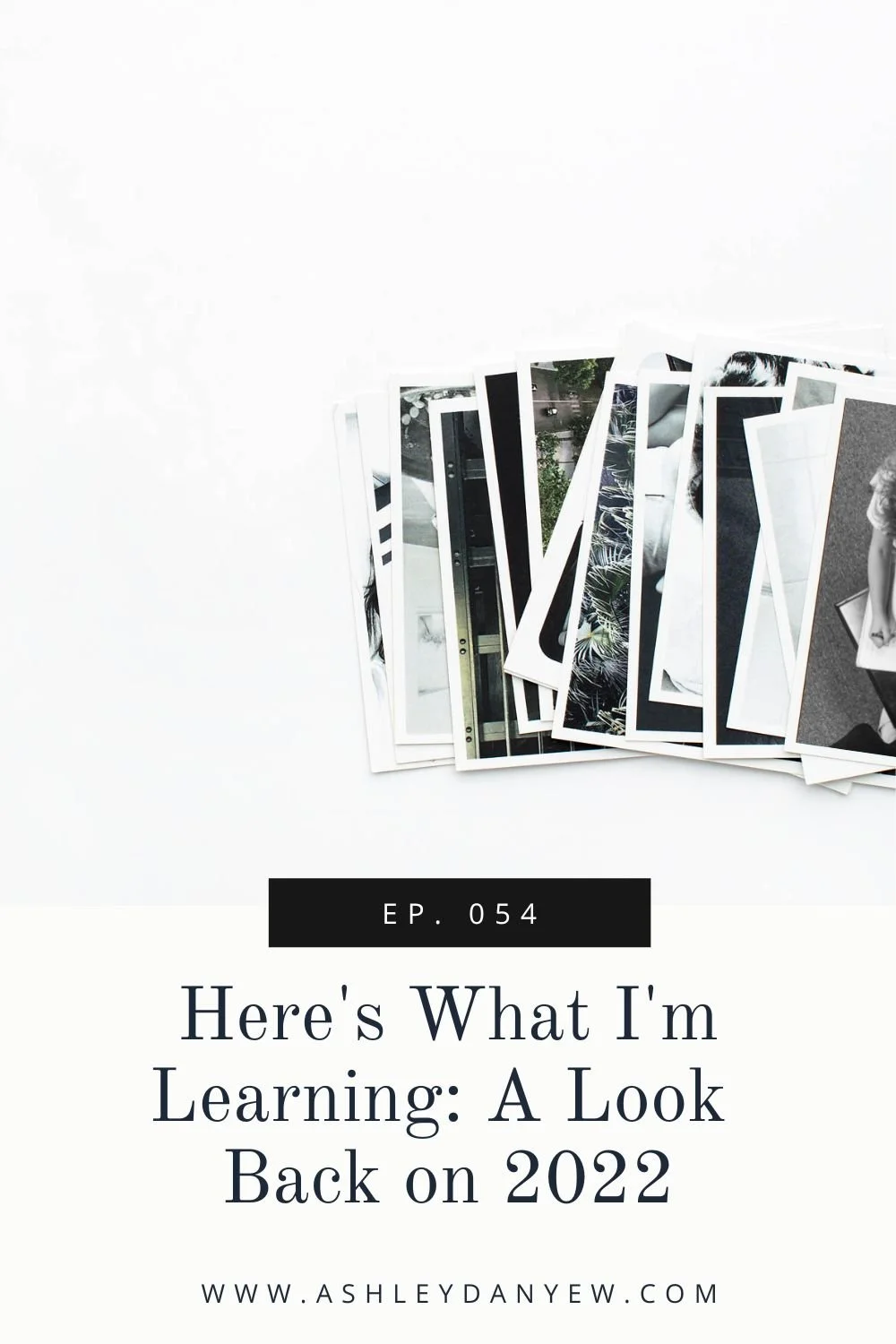Related Resources
*Disclosure: I get commissions for purchases made through some of these links.
Chasing Slow by Erin Loechner
Present Over Perfect by Shauna Niequist
The French Chef in America: Julia Child’s Second Act by Alex Prud’homme
Digital Minimalism by Cal Newport
Most years, the beginning of the new school year feels fresh and exciting. Everything is new and bright and full of possibility.
This year, in the midst of a global pandemic, things feel a little different.
Some of you are starting new jobs or preparing for your first year of teaching. Others of you are trying to decide if you want to return for another year or take this opportunity to do something else.
Some are preparing to return to the classroom after four months of being home (and trying to get a handle on all the new rules and precautions that go with that). Others are navigating the ever-evolving world of online teaching.
If you’re the planning type, you may have a list of shiny goals hung in a prominent place to remind you of your intentions for this year and to help keep you on track in the weeks and months to come (no matter what things look like). Even if you’re not the planning type, you may have a few unspoken expectations or ideas of how you want this year to be different than the last.
As directors and educators, we often reflect on our teaching around this time of year—what did I learn in the past year? How can I be more effective? We look for new resources or strategies (“This will be the year we create a class composition!” Or “This year, we'll do warm-ups in every rehearsal.").
We collect ideas and teaching strategies and musical illustrations, ready to pepper our lessons, classes, and rehearsals with wisdom and insight.
Sometimes, we discover that this was a fleeting burst of energy. Perhaps we got caught up in the rush of back-to-school celebrations and new school supplies. And by mid-October, we’re left feeling a little lackluster. Can you relate?
That’s why today, I’m not here to talk about how to set the right goals or plan out your entire year in one sitting (because who knows what the year may hold!). Instead, I want to share with you a few unconventional ways to prepare for the new school year ahead.
Because this year is nothing if not unconventional!
7 Unconventional Approaches to Starting the New School Year
Choose one thing to let go
What will you say “no” to in the coming year?
This is an important question to ask ourselves. We tend to get so preoccupied by adding things into our already full lives that we forget to make room, to create space for those good things we want to cultivate.
Saying “yes” to something means saying “no” to something else—and that’s a good thing. Be intentional with what you choose to keep and hold onto and what you choose to let go in the coming year.
Choose one thing to simplify
What’s one thing that felt over-complicated or challenging last year (global pandemic aside)? How could you simplify the process this year?
Maybe it was planning and making decisions about music. Maybe it was organizing an event. Maybe it was a teaching workflow.
Whatever it is for you, spend some time thinking through all the steps you took. Write everything down and study it, looking for ways to eliminate or combine steps, cut back, or streamline things.
Choose one thing to energize
What’s one thing you want to invest your time and energy in this year? What do you want to do more of?
Maybe it’s learning a new technology or developing a new, creative approach to introducing a new concept or skill. Maybe it’s a new-and-improved workflow that simplifies your weekly rhythm in some way.
Think about what this might look like.
Choose one thing to savor
In our fast-paced world, we don’t always take the time to fully appreciate and enjoy things like we used to (until the great quarantine of 2020, that is). The extra time at home this year and the unexpected space in our calendars has helped us notice things that we may not have paid much attention to in a while.
We’ve spent more time with our families, explored some new creative hobbies, and tried new recipes. We’ve gone for more walks and spent more time outdoors.
As we begin a new school year and develop new routines, what’s one thing you want to really savor this year? How can you be intentional about slowing down and being present so you can fully appreciate these moments when they happen?
Choose one thing to prioritize
What do you want to focus on this year? What is your greatest priority, personally and/or professionally?
Maybe it’s daily exercise or getting an article published or setting (and keeping) healthy work boundaries. Maybe it’s building a private studio, starting a blog, or putting the finishing touches on something you’ve been dreaming about creating and sharing with the world.
What will it look like to prioritize this?
Choose one thing to explore
Too often, we save this for last, if there’s any time leftover. But exploring and discovering is an innate part of the creative process and something that’s fundamental to our work as musicians, artists, and leaders.
We have to make time for it. We have to reserve some whitespace for inspiration and carve out unstructured time for creativity and experiencing something new.
Maybe it’s one day a month where you go for a walk in a new place or visit a museum or take an online course or go for a drive. Maybe it’s a couple hours per week or a few days per quarter.
Don’t feel limited to the realm of music, either. Sometimes the greatest inspiration for music-teaching and performing comes from time spent exploring and creating in other fields.
This month, I’ve been learning about bread-baking, growing a vegetable garden, trying new recipes (like a pineapple-upside-down cake!), and reading a memoir about Julia Child. I’ve spent some time painting, reviewing notes from an online course I took last year, and learning how to use a few new teaching apps.
What are you curious about? What do you want to learn? What will you discover?
Choose one thing to declutter
This might be your desk, the hall closet, your computer files, or your email inbox. Or maybe the most pressing space to declutter isn't a space at all, but an area of your life that is taking up too much of your mental space (social media, anyone?).
How can you bring order to something that’s chaotic and disorganized? How can you create space and make room? Start by taking everything out and choosing selectively what to add back in. Cal Newport talks about this in his book, Digital Minimalism.
How can you filter out the noise and commotion that crowds our thoughts on a daily basis? Set healthy boundaries. Be intentional with how you spend your time, guarding your mind from the barrage of information and media and scrolling.
It’s been a crazy year so far.
And while we may have plenty of room on our calendars and in our social lives, we’ve no doubt picked up some mental, emotional, and perhaps physical clutter in other areas of our lives.
Take some time to examine what this might look like for you and how you can do a little decluttering to start the year fresh.
I hope these unconventional approaches help you find your focus in this new school year and live and work with intention, no matter what the next few months may hold.
I’d love to hear from you: Which one of these approaches resonates with you the most?
A version of this content originally appeared on the OUP blog, and is re-published here with permission.






